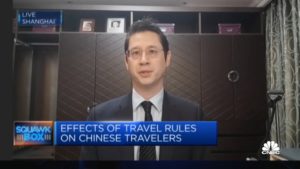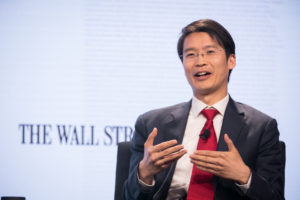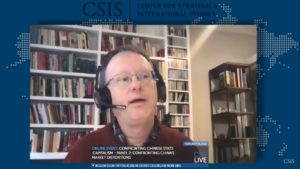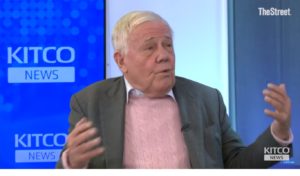
Social commentator Zhang Lijia, author of “Socialism Is Great!”: A Worker’s Memoir of the New China, used a visit with her daughters to the Nanjing memorial hall to discuss the recent tensions between China and Japan in the South China Morning Post. “In a region where history is unresolved, even forward-looking security policy is dragged into the past. The ghosts of the 1930s still whisper. It is tempting to ask: why can’t Asia reconcile as Europe did,” she asks herself.
Zhang Lijia:
Nothing symbolises this better than the Yasukuni Shrine, where, among the war dead, lie 14 class A war criminals. When leaders such as Junichiro Koizumi, Shinzo Abe and Yasuhiro Nakasone visited, China and South Korea erupted in fury. Even silence is politicised: whether a leader sends ritual offerings or stays away, each gesture is decoded for hidden meaning.Japan’s new government has raised tensions further. Tokyo’s willingness to confront wartime responsibility – never very strong – appears to be diminishing.
Recently, this shift has moved beyond symbolism. Japanese Prime Minister Sanae Takaichi’s comment suggesting that Tokyo might get involved in a conflict over Taiwan jolted Beijing, not only for its strategic implications but because any hint of renewed Japanese military assertiveness is interpreted as a weakening of post-war remorse.In a region where history is unresolved, even forward-looking security policy is dragged into the past. The ghosts of the 1930s still whisper. It is tempting to ask: why can’t Asia reconcile as Europe did?
More at the South China Speakers Bureau.
Zhang Lijia is a speaker at the China Speakers Bureau. Do you need her at your meeting or conference? Do get in touch or fill in our speakers’ request form.
Are you looking for more experts on cultural change at the China Speakers Bureau? Do check out this list.




















